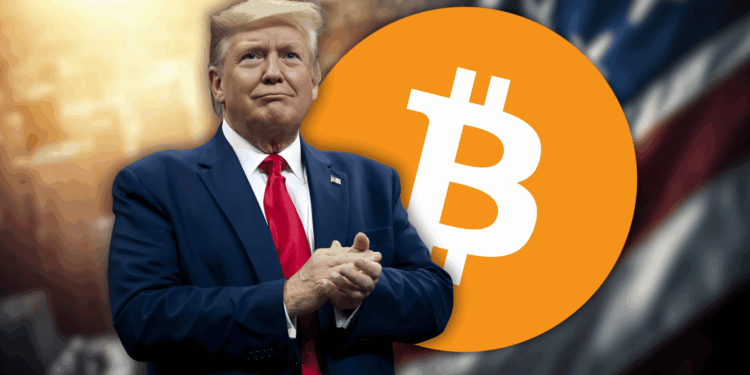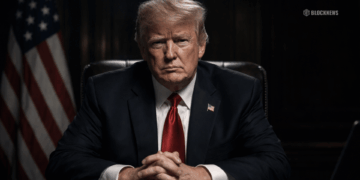- The GENIUS Act, which sets stablecoin regulations, is poised to become the first standalone crypto law after passing the Senate.
- The broader CLARITY Act could overhaul crypto market rules but faces Senate resistance due to Trump’s personal crypto ventures.
- A separate bill banning a U.S. CBDC is also expected to pass, reinforcing the industry’s support for private-sector-led innovation.
The crypto industry is staring down a pivotal week as two high-stakes bills inch closer to becoming law. The first, the stablecoin-focused GENIUS Act, has already cleared the Senate and is scheduled for a House vote on Thursday. If passed, it would become the first standalone crypto bill ever signed into law. However, the more ambitious CLARITY Act, which seeks to overhaul digital asset market structure, faces a tougher battle—especially in the Senate, where skepticism around Trump’s personal crypto ventures threatens its path.
The CLARITY Act aims to resolve a long-standing regulatory gray area by clearly dividing oversight between the SEC and the CFTC. With bipartisan support in committee votes, it’s expected to pass the House. But some Democratic Senators have voiced concerns about potential conflicts of interest given President Trump’s deepening ties to the crypto world—including meme coins, a stablecoin, and a DeFi firm under the Trump brand.
Political Resistance Mounts Amid Trump’s Crypto Ties
Senators like Raphael Warnock have openly criticized what they see as “crypto corruption” linked to the Trump family. He warned that passing the market structure bill without guardrails would erode trust in U.S. markets. Trump’s growing crypto empire includes tokens like $TRUMP and $MELANIA, as well as a DeFi company called World Liberty Financial.
The stablecoin-focused GENIUS Act appears to be a safer bet. It already saw support from 18 Senate Democrats and is expected to pass the House with Trump pushing hard for a clean, delay-free vote. In a Truth Social post, the President urged lawmakers to “Get it to my desk, ASAP — NO DELAYS, NO ADD ONS.”
Industry Pushes Hard for Market Clarity
Crypto heavyweights like Coinbase and Ripple have been lobbying intensely for the CLARITY Act, arguing that the bill will give users the confidence and protection needed to engage in digital assets safely. Coinbase even distributed 5,000 chocolate bars across D.C. to promote public support, citing polls showing that 1 in 5 Americans own crypto.
Meanwhile, the Senate is prepping its own version of a market structure bill, with Republican Sen. Tim Scott and crypto-friendly Sen. Cynthia Lummis leading the charge. Democrats like Kirsten Gillibrand are expected to collaborate on a bipartisan version that may look different from the House’s take.
CBDC Ban Bill Also on Deck
Separately, the House will vote on a bill to ban the Federal Reserve from launching a central bank digital currency (CBDC). This bill has broad support in the crypto industry, with Blockchain Association CEO Summer Mersinger stating that digital currencies should be left to the private sector.
If the week goes well for crypto advocates, the U.S. could finally see a legislative framework that brings digital assets into the regulatory fold—minus the Fed-backed dollar.














